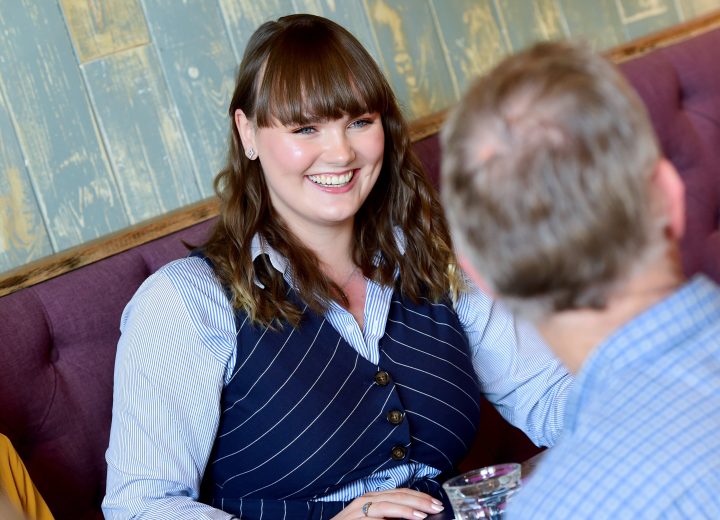Answering Your Questions About PR
Recently I was invited to talk to University of Lincoln students, along with our director Kate Strawson, about the importance of work experience and general advice for third year students wanting to boost their career prospects. After the lecture was over, we were met by quite a few students who were curious about the ins-and-outs of life in the PR industry.
Being a recent graduate myself, I have first-hand knowledge of what it’s like to be nearing the end of your university career so I thought I would share some of the questions and the answers from the talk to help shed a bit more light on what it’s like to work in PR.
“Is PR all done digitally these days?”
The nature of the industry we’re in revolves around communication in its many forms and it will come as no surprise that much of today’s communication takes place online. Digitalisation has given us more ways of communicating, many of which help us to be more efficient in our work. Thanks to social media, companies and organisations can now communicate directly with their target audience in real-time – something which previously they weren’t able to do.
The motivation behind what we do remains the same, but we can reach the end-goal more quickly and without necessarily having to go through a third party such as a journalist. Although we still work very closely with the media, we no longer have to rely on journalists to publish our stories and share our key messages as we can publish them ourselves online.
The advent of social media and the influence of the internet has transformed the PR industry. Workers now need a more diverse range of skills than ever before and as an agency, we’re focused on adapting our services in line with new technology, so our clients don’t get left behind.
“What does the job involve?”
If you ask anyone who has worked in an agency what their job involves, chances are they’ll say that no two days are the same. We work for clients from all different sectors including health, education, construction, third sector and many others. The nature of agency work revolves around being able to balance a variety of different tasks for different clients. Being able to adapt your writing for various formats is also an important, if not vital part of the job.
In terms of PR and marketing, agency work differs from working in-house for a company, as you’re focused on delivering results for lots of different clients, instead of focusing on just one. Depending on whether you have a specific field in mind, I would recommend going to an agency for work experience or in the early stages of your career, as it’s the best way to learn about lots of industries, and find out how you fare in each.
“Do you get out of the office much?”
In short, yes. Every week we’re out-and-about at client meetings or attending events on their behalf. Our clients are located across the UK and we like to meet with them face-to-face on a regular basis, which means travelling up and down the country when a phone call won’t suffice. Working for an agency also involves finding new clients so you need to be mobile, attending networking events and exhibitions to build connections.
“What would you recommend in terms of work experience?”
What works best for you in terms of work experience is entirely dependent on what you want to achieve, and what field you’re interested in. I have worked for two different PR agencies, and as mentioned before I believe it’s the best way to gain varied experience. Working for multiple clients in multiple sectors is the best way to work out what you’re good at if you’re not sure. I did also say to a student who was unsure about work experience that even the bad experiences can prove themselves to be valuable in time.
If you work for an agency which specialises in one sector, which you’re not the most informed about, you can still gain valuable knowledge and it can help to challenge yourself beyond what may be your go-to area of expertise. When nearing the end of your university career, taking time to gain working experience is invaluable to your future prospects. If you’re trying to decide whether to sign yourself up for work experience or not, the answer should invariably be yes.
Gaining working experience adds colour to your CV, showing future employers that you are proactive and dedicated to what you want to do. Skills learned in various working environments come together to make you an asset to a team in your own way, and this is an opportunity that shouldn’t be overlooked.
To work in PR, you must be adaptable to different writing styles, environments, clients and demands. Teaching yourself to be adjustable in this way before you formally join the career ladder will pay dividends in the long-term. It’s always important to ask questions, but the questions answered through experience provide the most valuable lessons of all.
TD.










